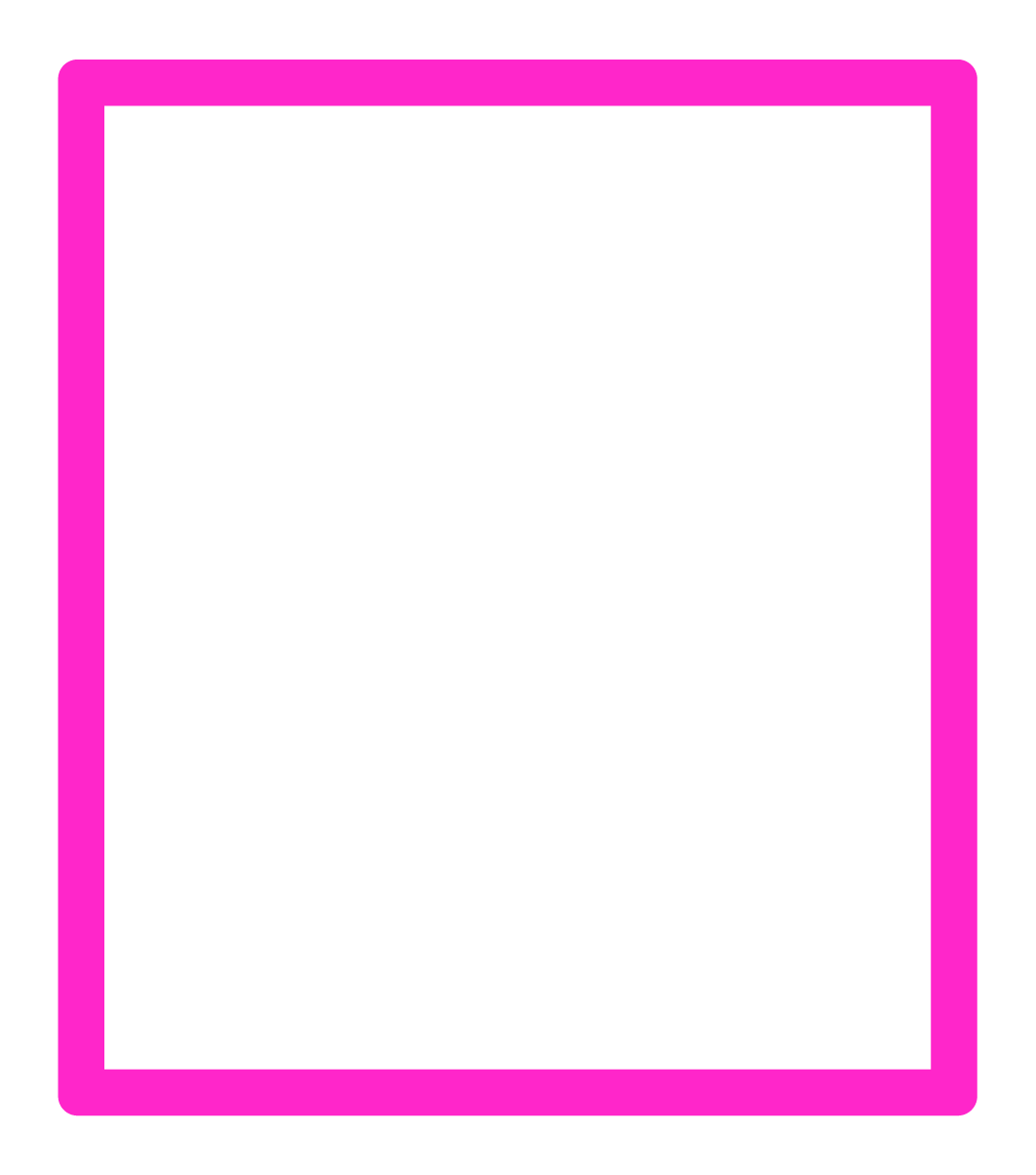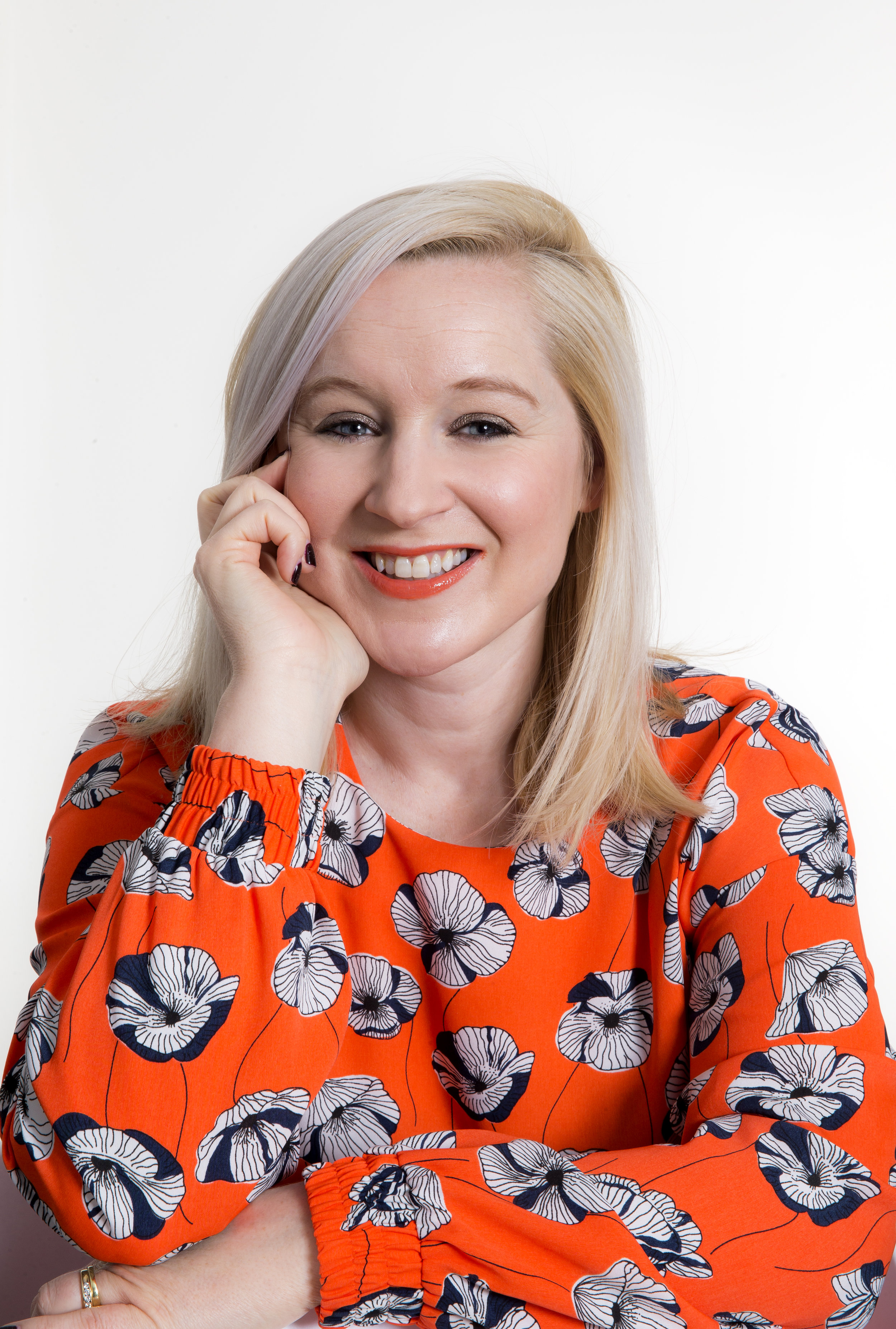As many of you will know by now, we’re kind of keen about women.
Talking about them, celebrating, chatting with them, swooning over their brilliance. Following on from International Women’s Day earlier this year, we teamed up with Mac&Moore to create an action plan on how we’d #PressForProgress and make our contribution towards ending gender inequality. So you might be wondering why this blog is all about men? 19th November is International Men’s Day, and far from believing that we should be in any way threatened by this event, we’ve instead decided to offer our thoughts.
We know so many incredible men in our lives, and often the discussions around feminism or gender are very black and white, men OR women, which is not only incredibly limiting, but it excludes so many others from the conversation such as trans or non-binary folk and other intersectional issues. We’ve never believed that the discussion around feminism should be exclusively limited to ‘female-only’ spaces. As individual businesses, we work closely alongside a whole range of different types of businesses made up of different people. We’re committed to creating change within the infrastructure of the working landscape by partnering with companies who share our values, and believe that more diverse and inclusive working spaces benefit everyone. We can achieve better work, build better businesses and foster greater creativity by challenging the ‘norms’ that we are all guilty of becoming comfortable in, and we believe the best place to start is by listening to each other.
The theme of International Men’s Day 2018 is ‘Positive Role Models’, an important topic in today’s world. We have been thinking a lot about what it means to be a role model in 2018, and ways in which we can remove gender from the equation altogether to achieve both more representation and more access to role models for all different types of people, from all walks of life. To coincide with International Men’s Day we’ve spoken to some incredible men who are all influential in their own respective fields on what the phrase ‘positive role models’ means to them.
We’ll be revealing the answers very soon (watch this space!) but in the meantime, and so that we can be absolutely clear, here are three reasons why we, as a collective, feel this is an important conversation to be a part of…
1. The patriarchy is most of the problem. Men are part of the solution.
The patriarchy and its terrible terrible structures are a problem for everyone. In that, at least, it does not discriminate. We strongly believe that the only way in which we’ll create long-lasting, positive change is by engaging men in the conversation, not isolating them. We want them to listen to us, understand our perspective and our experiences, so we need to encourage conversations, open communication channels and create dialogue. Caitlin Moran demonstrated a sterling example of this recently with this Twitter thread which prompted some amazing learnings and insights, off the back of conversation. We think that more of this can only be a good thing, so we wanted to ask men both in our lives and that we admire about role models, and we cannot wait to share the responses.
2. Privilege and perspective
Due to the aforementioned patriarchy, there are many ways in which men (particularly white, middle-class, able-bodied, cis men) are afforded preferential treatment and privilege in this country. Recognising that we are all part of a system of oppression and supremacy and knowing and acknowledging our place within it is very important to avoid conversations around certain issues being misunderstood. We three, as white, straight able-bodied cis women, are no exception. Once that has been understood, we can drill down into some of the specifics facing certain groups without feeling as though the raising of these issues are monopolising the conversation, or taking it away from others.
Suicide is the leading cause of death of men aged between 20 and 45 in the UK. That is an absolute tragedy. The fact that men often don’t feel able to reach out for help, be vulnerable and show their emotions is not just unfair, it’s dangerous. Toxic masculinity and its effects are a problem of the patriarchy, and that’s why we should all be trying to get rid of it.
3. Behind ‘enemy’ lines
If you do a Google search of ‘positive role models for men’ or ‘positive role models for women’, literally all the suggestions or for people within the same gender. We think that’s just weird. Traditionally, we only really had access to white male role models that were beyond the home, but as times have now begun to change, we need better representation of role models for everyone. We need people within minority groups to be able to see themselves as leaders, Olympic champions, award-winners, innovators and entrepreneurs…. because that’s what will make the world a better place. Fact. So we started wondering whether we can break down the idea of a role model, take it away from gender… and focus more on the qualities and attributes that make up a great person, and we’re going to take it from there.
So keep your eyes peeled for our interviews coming up next week. We’re really excited to share the conversations we’ve had and hopefully start some new ones. These kind of topics and discussions can be a little uncomfortable at times, but in discomfort, change can occur and we’re interested in pursuing that. Also, please do get in touch… we would love to have more conversations on this and hear your perspectives, even if you disagree… just no trolls please!
Check out what the girls at Mac&Moore are up to here.





